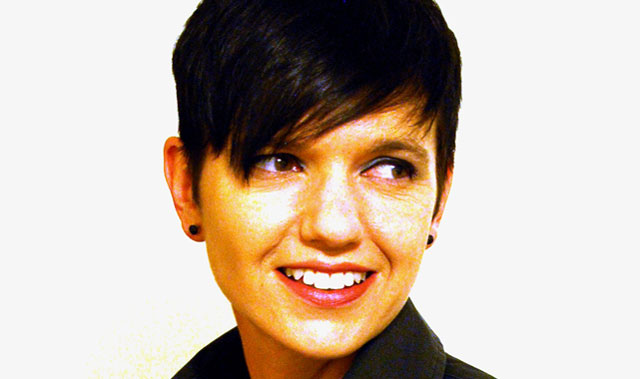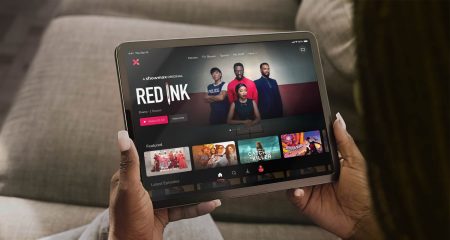
The set-top boxes that South Africans will need to watch digital terrestrial television (DTT) should be given away for free to poor people because, by the time the country has finally migrated from analogue to digital broadcasting, anyone who can afford a set-top box will already have moved to a satellite-based alternative.
That’s the view of Julie Reid of the Right2Know Campaign and a lecturer at the department of communication science at Unisa. She was speaking on Wednesday, in her Right2Know capacity, at a debate at Wits University organised by the SOS Coalition, a public broadcasting lobby group, and facilitated by the Link Centre.
The Right2Know Campaign was launched in 2010 as a coalition of organisations and people responding to the Protection of State Information Bill (also known as the Secrecy Bill), but it broadened its scope to tackle related issues. It is now formulating a position on digital migration, and specifically on the raging dispute over whether South Africa should include a control system (or encryption) in digital set-top boxes. MultiChoice wants encryption ditched, while rival e.tv argues it is crucial to support free-to-air broadcasters.
Reid argued on Wednesday that the boxes should not include a control system, saying that the boxes should be kept as cheap as possible. “There are two things that are crucial for the success of DTT: cheap and affordable set-top boxes and widespread public awareness and popular education,” she said.
She said that by the time South Africa eventually gets around to implementing the long-delayed digital migration process, it may be too late to capture any market segment except from the very poor.
“By the time we migrate – and it won’t be in 2015 – everyone who would have been able to afford one of these boxes will be on satellite with OpenView HD, or DStv or StarSat,” she said. “The only people who will need boxes are those who can’t afford a set-top box anyway.”
She said that because of this, government should consider making these boxes available free of charge to the indigent.
“A free set-top box should minimise risk of failure for the entire project,” Reid said. “Thailand and the UK and a number of other countries have already provided a free box, so why can’t we?”
She said that if a control system in the set-top box will make the device any more expensive for government to roll out, then the system should be scrapped. Government has mandated the inclusion of set-top box control.
It is also problematic, she said, that there is “no concrete figure” about how much the set-top boxes will cost.
“Public awareness is also extremely low. If you walk outside right now and ask the first person what digital migration and DTT is, they won’t be able to tell you, let alone tell you that next you will have to buy a set-top box or install a new aerial on your roof,” she added. “We are not learning international lessons. Let’s learn from what other African countries did wrong.”
Reid said she is also concerned about how much money is being spent by government on the project. Government has said the set-top box will be subsidised by 70% for poor households. “That’s great … but South Africa will still have to pay the full price [and] it starts to run into the billions,” she said. “An obscene amount of public money is going to be spent only on the set-top boxes, never mind the infrastructure, maintenance, distribution and all those other costs. It’s an incredibly expensive national project.
“We’re very concerned that there’s a huge lack of transparency in terms of what this project is costing the country. The department of communications needs to come clean and give a detailed budget of what exactly all of this is going to cost us.”
She said, too, that the digital migration process has been handled in a way that “just stinks of profit before people”. She said it’s a myth that the project will create large-scale job opportunities for local manufacturing, arguing that the costs involved don’t justify protecting local manufacturers from foreign competition.
“It’s a very expensive way to create jobs,” she said. “We estimate that this could one of the most expensive national projects that South Africa has ever undertaken. Yet we’re talking about only a few jobs in a few factories.”
South Africa needs to get its priorities right, Reid added. “Is this about creating jobs for a few thousand people or providing the fundamental human right of access to basic information to 50m people in this country? If job creation happens, that’s an added benefit … but the real benefit is communications, not job creation.” — © 2014 NewsCentral Media




